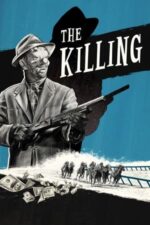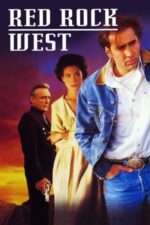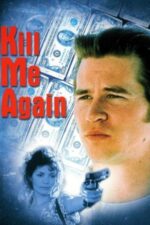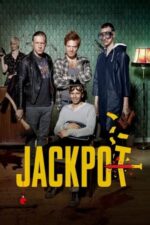The Allure of the Bag: When Money Changes Everything (and Everyone)
Isn't it fascinating how a simple object – a bag of money – can instantly warp a narrative? It’s more than just about wealth; it’s a catalyst, a pressure cooker that exposes the best and worst in people. We all know the cliché: money doesn’t buy happiness, but watching characters grapple with sudden, unexpected fortune (or the temptation to grab some) is endlessly compelling on screen.
Think about Jackpot. The sheer absurdity of waking up surrounded by bodies, a shotgun in your hand, and a lottery win as the root cause? It's darkly comedic, yes, but it also speaks to that primal fear – what would you do if suddenly thrust into a situation beyond your control, where immense wealth is intertwined with unimaginable violence? It’s a question Flashpoint explores too, albeit in a more grounded way. The discovery of $800,000 buried in the desert isn't about winning the lottery; it's about confronting a moral dilemma: keep or report? That choice immediately fractures their world and pulls them into a decades-old mystery.
What I find particularly interesting is how different genres use this trope. Side Street, for example, isn’t about greed in the flashy sense. It’s about desperation – a man driven to theft by circumstance, highlighting the crushing weight of poverty and the lengths people will go to protect their families. It's a far cry from The Getaway, where the money is fuel for a high-octane chase, testing the bonds of loyalty under immense pressure. It’s that classic “what would you do?” scenario amplified by bullets and car chases.
Then there are films like Any Number Can Win and The Killing. These aren't about stumbling upon riches; they're about meticulously planning to acquire them. They delve into the psychology of criminals, the allure of a "one last job," and the fragility of trust when millions are on the line. I remember watching The Killing for the first time as a teenager – it felt so cool, so calculated. But what really stuck with me was how one small betrayal (George sharing details with his wife) completely unravels the entire plan. It’s a potent reminder that even the most carefully laid schemes are vulnerable to human fallibility.
The bag of money isn't just about the cash itself; it represents opportunity, escape, and ultimately, temptation. It forces characters – and us, as viewers – to confront uncomfortable truths about ourselves: what would we do? What lines would we cross? And how much is too much? It’s a cinematic question that continues to resonate, proving that the allure of the bag remains powerfully captivating.







































